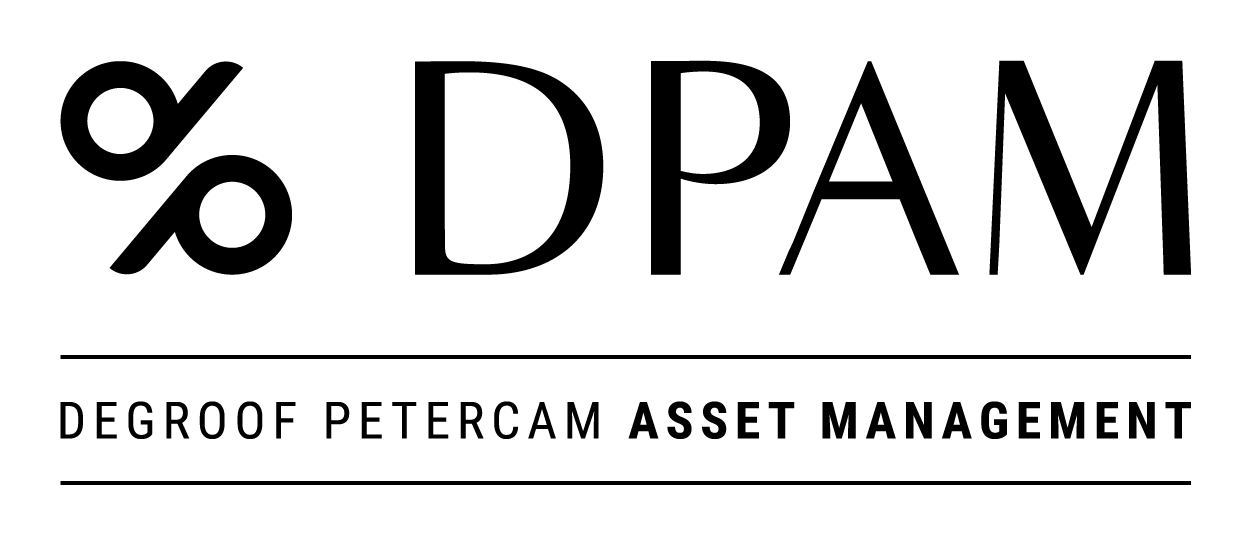Today marks Biodiversity Day. One may ask, why is everyone discussing biodiversity today? What makes it so integral to our society? Why should we strive to prevent the loss of biodiversity at any cost? How does plastic pollution contribute to this loss? And why is it crucial for both nations and corporations to take swift action to prevent plastic waste? We will address these questions in the text below.
The United Nations recognise the International Day for Biological Diversity as a day to amplify global understanding and awareness of biodiversity issues. The World Wildlife Fund (WWF) defines biodiversity as “all the different kinds of life you’ll find in one area – the variety of animals, plants, fungi, and even microorganisms like bacteria that make up our natural world. Each of these species and organisms work together in ecosystems, much like an intricate web, to maintain balance and support life”.
Consider your daily fruits and vegetables; pollinators such as birds, bees, and other insects are believed to facilitate a third of the world’s crop production. Trees, shrubs, and other plant life are not only aesthetically pleasing, but also greatly facilitate the absorption of rainfall, thereby reducing the risk of flooding. Along the coasts, coral reefs and mangrove forests serve as natural barriers, protecting coastlines from waves and storms. Additionally, all green plants contribute to cleansing both the air and soil of carbon dioxide through photosynthesis. A significant number of households, especially in developing countries, still depend on wood for cooking and heating. It’s easy to forget, but many of our medicines contain a variety of natural components. Moreover, research has shown that spending time in nature leads to improvements in people’s physical and mental health, for instance, by reducing stress levels and lowering blood pressure.
In essence, biodiversity underpins everything in nature that we need to survive: food, clean water, medicine, and shelter.
Plastic Pollution: Unravelling the Threat to Biodiversity
Although natural polymers like rubber and silk are abundant, they do not contribute to environmental pollution as they can be broken down by microorganisms and decompose over time. What had once been developed to defeat the natural decay process of packaging has ironically turned into a persistent environmental issue. Synthetic plastics, due to their non-biodegradable nature, tend to persist in natural surroundings. Approximately 50 percent of all plastics produced are used for single-use products and packaging materials. Unfortunately, these items are often not correctly discarded in the appropriate containers for recycling, incineration, or landfill. Instead, they find their way onto the ground, tossed from car windows, piled onto overflowing rubbish bins, or carried away by the wind, thereby polluting the environment. This is where the real challenge starts.
Plastic, when improperly disposed of, can end up in the oceans where it can be mistaken for food by animals, causing the death of marine species due to ingestion. It can also lead to immediate death of larger marine mammals through entanglement. On land, plastic pollution can lead to drainage systems clogging with plastic bags, films, or other items, which can cause flooding. Terrestrial species too can suffer from intestinal blockages caused by plastic packaging.
Considering the vast scale of plastic pollution worldwide, the cost of extracting plastics from the environment would be staggering. The societal costs of plastic pollution — including environmental clean-up, ecosystem degradation, reduced life expectancy, and medical treatment — could exceed US$100bn per year, according to the Minderoo Foundation. Therefore, the primary focus in addressing plastic pollution should be on preventing improper disposal and minimising the use of certain plastic items altogether. While enforcing fines for littering poses challenges, many regions have implemented fees or outright bans on foam food containers and plastic shopping bags.
From Awareness to Action: Countries at the Forefront of Combating Plastic Pollution
The imposition of fines and bans represents the first steps towards reducing plastic pollution and preventing improper disposal of plastic waste. By providing a legal framework, countries can direct their citizens’ attention towards this urgent issue. Moreover, plastic pollution significantly impacts a country’s prosperity by affecting various sectors of the economy, such as tourism, fisheries, and agriculture. For example, plastic waste can negatively affect the quality of beaches and other natural attractions, leading to a reduction in tourist arrivals and revenue. Mismanaged plastic waste poses a threat to humans, animals, and the environment, emphasising the responsibility of countries to address this major driver of pollution Therefore, we have introduced a new indicator, the Mismanaged Waste Index (MWI), to our proprietary country model to assess a nation’s sustainability.
DPAM has entered a partnership agreement with Plasteax, an organisation focusing on plastic waste management worldwide. Plasteax, a database developed by Environmental Action, is a leading research consultancy developing plastic footprint methodologies. By examining a country’s MWI, investors can gain a representative view of a country’s efforts to curb plastic pollution. The MWI offers a useful way to measure the effectiveness of current waste management policies as it directly quantifies the amount of plastic waste that is not being properly managed. By accounting for both uncollected plastic waste and waste that is collected but then dumped in unsanitary landfills, the MWI provides a comprehensive measure of plastic waste mismanagement.


